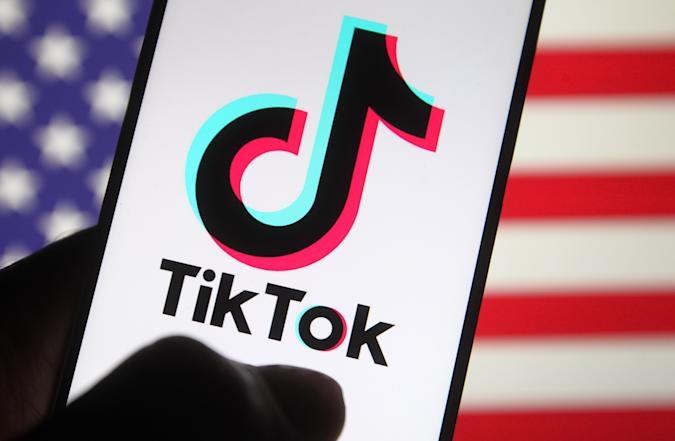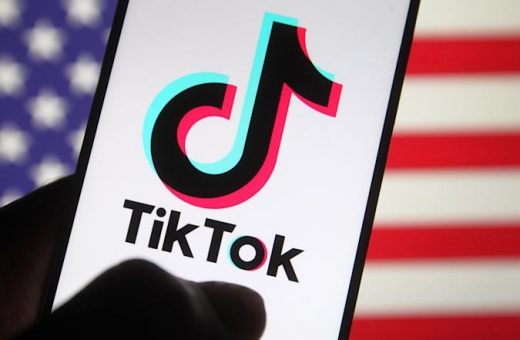Russian TikTok creators have reportedly been paid to share propaganda
White House briefed TikTok influencers on Russia’s invasion of Ukraine
The administration is trying to fight misinformation and steer the discussion.


It’s not just journalists receiving White House briefings on Russia’s invasion of Ukraine. The Washington Post has learned Press Secretary Jen Psaki and National Security Council adviser Matt Miller helped virtually brief 30 TikTok influencers, including Khalil Greene and Jules Terpak, on the US approach to the war. They outlined the US’ strategic objectives in the area and answered creators’ questions on subjects ranging from relief efforts to a theoretical response if Russia used nuclear weapons.
White House digital strategy director Rob Flaherty characterized the briefing as both an effort to provide reliable information from an “authoritative source” and an acknowledgment TikTok is a “critically important” source for updates on Ukraine. It’s hoping to fight misinformation by reaching millions of TikTok followers, in other words.
There were concerns the briefing didn’t tackle hard questions. Jules Suzdaltsev, the operator of TikTok account Good Morning Bad News, said it felt like a press event “for kindergarteners.” Another TikTok news provider, Marcus DiPaola, also saw this as selective messaging — the White House didn’t address its involvement in other invasions, he said.
However helpful the presentation might have been, it’s not surprising the Biden administration would reach out to TikTok creators. Many younger internet users get at least some of their news from social networks like TikTok, and those outlets have been struggling to curb misinformation. TikTok halted video uploads and streams in Russia on March 6th, and only recently started labelling state-backed media outlets. Briefings like this will theoretically counter misinformation and get the official US strategy to people who would otherwise remain unaware.
(26)


